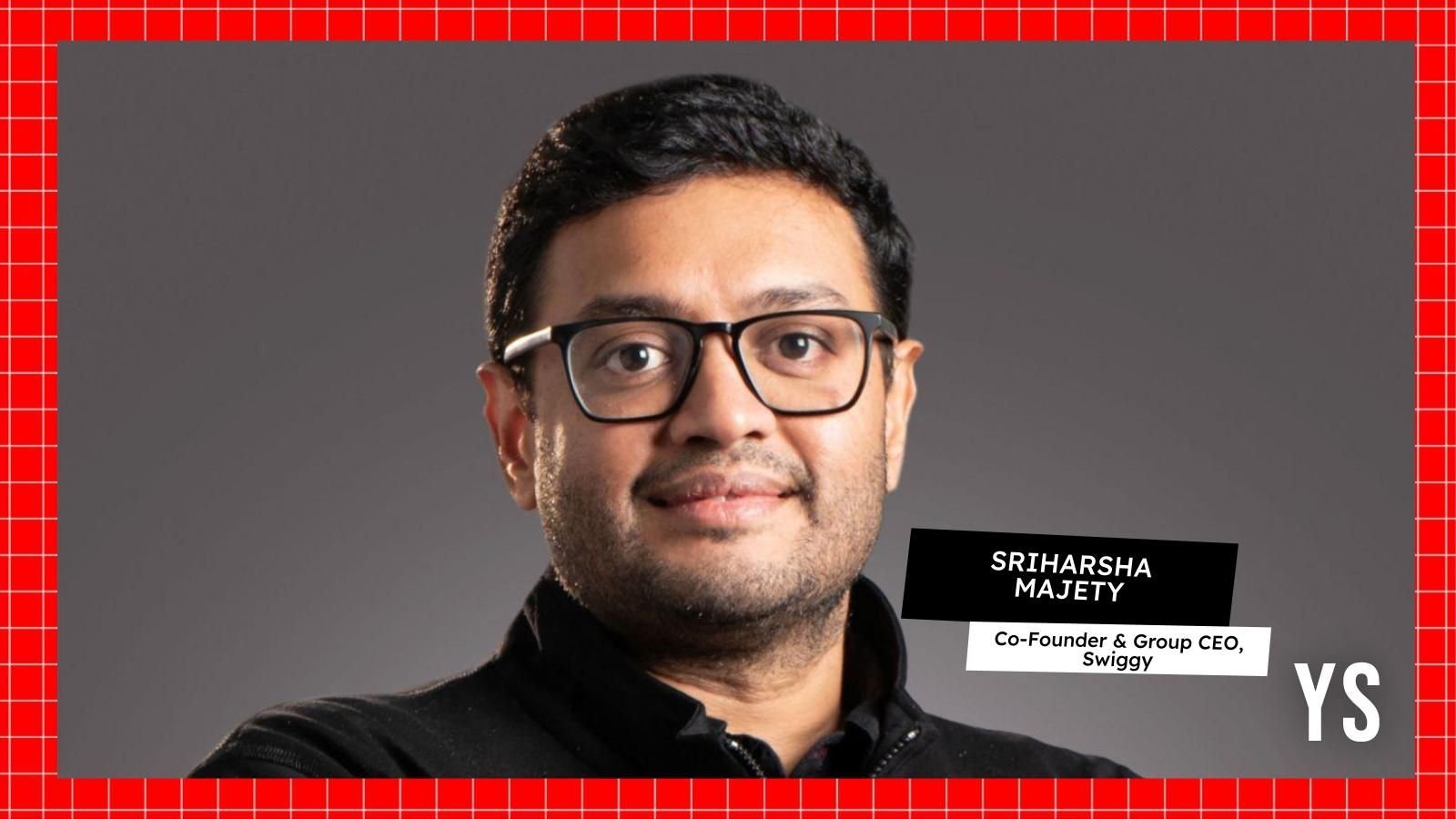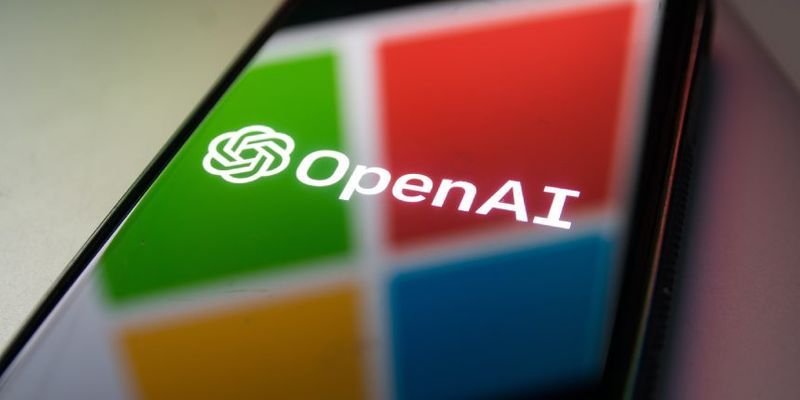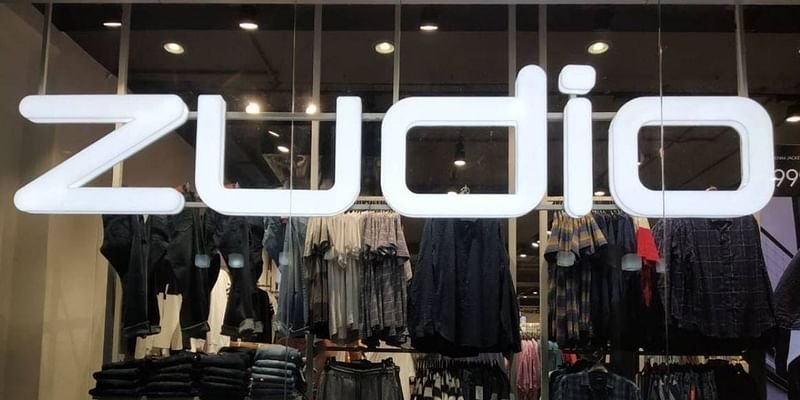Startup
Rockstar Games: The Company with the Most Stringent Privacy Policy in the World

In the shadowy corridors of the gaming industry, one company stands out for its unmatched secrecy and privacy protocols: Rockstar Games. Famous for creating blockbuster titles like Grand Theft Auto (GTA) and Red Dead Redemption, Rockstar is as renowned for its games as it is for its obsessive commitment to confidentiality. Let’s delve into why Rockstar Games might just have the most stringent privacy policy in the world.
The Infamous Hack of 2022
On September 18th, 2022, a teenager managed to infiltrate Rockstar Games’ internal chat systems using simple tech tools and adept social engineering skills. The result? A massive leak of early development footage for the highly anticipated GTA VI caused Rockstar an estimated $5 million in damages and triggered a widespread lockdown of their offices and infrastructure. This breach not only exposed the vulnerabilities in Rockstar’s security but also highlighted the extreme lengths the company goes to maintain secrecy.
Rockstar’s Global Operations
Rockstar operates through 10 active studios worldwide, with its main headquarters in New York. These studios contribute to Rockstar’s major projects, with each location playing a specific role:
- New York HQ: Home to writers, the creative team, and the publishing department. The top executives, including Rockstar’s president and his brother, the former head writer, operate from here, protected by three layers of security. Both executives avoid the media, have no social media profiles, and rarely make public appearances.
- Los Angeles and Long Island Studios: Locations for performance capture studios where actors perform motion capture and voice acting.
- Rockstar North (Edinburgh): The main hub for game development, particularly known as the birthplace of GTA.
- San Diego Studio: Focuses on graphics and the in-house RAGE game engine, also known for developing Red Dead Redemption and the canceled Agent game.
- Lincoln Studio: Responsible for translations and quality assurance, known for its strict no-phone policy and closed blinds to prevent spying.
- Leeds, New England, Toronto, and Dundee Studios: Each with specific roles ranging from developing DLCs to recovering from thefts of equipment.
- India Studio: One of the largest with nearly a thousand employees focusing primarily on art and design, and rumored to be the point of access for the GTA VI hacker.
The Breach and its Fallout
The hacker, Arion Kurtaj, part of the online hacking group Lapsus, independently breached Rockstar by deceiving an employee to gain access to internal communications. This resulted in 90 development clips being leaked online. The breach caused Rockstar to implement even more stringent security measures, costing thousands of staff hours and millions of dollars.
Extreme Measures for Secrecy
Rockstar’s approach to secrecy is likened to that of the CIA and FBI. The company employs non-disclosure agreements (NDAs) more stringent than those used in top-tier movie productions, such as Marvel films. Actors working on Rockstar projects are forbidden from posting anything on social media that might hint at their involvement with the company. The NDAs are so thorough that even bathroom visits during production require an escort, and actors often don’t realise they’re working for Rockstar due to project codenames.
Instances of legal action taken by Rockstar’s parent company, Take-Two Interactive, further emphasise their commitment to protecting their intellectual property. These include suing review sites, temporarily banning single-player modding, and even raiding the homes of individuals suspected of breaching their security.
The Culture of Secrecy
Rockstar’s secretive culture extends beyond its privacy policies. The company has ceased attending conferences, discontinued community livestreams, and removed comment options from their newswires. This shift towards isolation is a strategic move to maintain control over their narrative and prevent leaks.
Despite their reclusiveness, Rockstar’s influence in the entertainment industry remains unparalleled. Their minimal communication strategy and infrequent updates serve as deliberate marketing tactics to manage hype and ensure maximum impact upon release.
Rockstar Games’ stringent privacy policies and extreme measures to maintain secrecy set them apart in the gaming industry. From handling leaks with military precision to enforcing ironclad NDAs, Rockstar’s approach is a testament to their commitment to protecting their creative assets. While their methods may seem draconian, they have proven effective in preserving the integrity of their highly anticipated projects.
As Dan Houser, Rockstar’s co-founder, once said, “I think you gain something by not showing how they’re made. As much as we might lose something in terms of people’s respect for what we do, their enjoyment of what we do is enhanced.” This philosophy underscores Rockstar’s belief that the magic of their games lies in the mystery of their creation.
Startup
Swiggy IPO gets oversubscribed led by QIB bids

Foodtech giant Swiggy IPO was oversubscribed 1.07 times by Friday afternoon, the third day of its book-building process.
Qualified Institutional buyers (QIBs), which typically invest on the last day to gauge overall market demand, came through for the company’s IPO, with the portion oversubscribed 1.52 times.
According to the BSE, non-institutional investors(NIIS) made bids for 22% of the allocated issue size, while retail investors subscribed to 97% of the portion.
The Sriharsha Majety-led company saw the quota reserved for employees being subscribed 1.38 times.
On the first and second days of the book-building process, Swiggy IPO was subscribed only 35% and 12%, respectively.
Swiggy has secured nearly Rs 5,085 crore (about $605 million) from anchor investors, including the life insurance and mutual fund divisions of HDFC, ICICI, and SBI. The anchor book attracted participation from over 75 major domestic mutual funds, along with international investors such as Astrone Capital, Fidelity, and BlackRock.
The Bengaluru-headquartered company, which competes with publicly listed Zomato and General Catalyst-backed Zepto, has set its IPO price band at Rs 371 – Rs 390 per equity share.
Startup
OpenAI spent $10 million on this domain: Here’s why!

Have you checked out X (formerly Twitter) lately? If you have, you might have come across an intriguing post by Sam Altman featuring a mysterious URL called “Chat.com”, with no caption. Curious? When you click on it, you’re taken straight to OpenAI’s groundbreaking tool, ChatGPT.
OpenAI has made headlines recently with a jaw-dropping move: they reportedly shelled out over $10 million for this domain! At first glance, this looks like a steep price tag in an era where many brands are trimming their budgets to stay lean.
So, what’s the story behind this hefty domain purchase? Let’s take a closer look at this!
Why OpenAI spent millions of dollars on a domain
This strategic move is driven by OpenAI’s mission to establish itself as a dominant force in the realm of AI-powered tools, particularly through its flagship product, ChatGPT.
In the tech world where innovation reigns supreme, securing a domain that perfectly aligns with the branding and functionality of its most popular service is a given. Today, ChatGPT has rapidly become a go-to AI tool used by millions for generating images, answering questions and offering assistance with content creation and even programming.
So, OpenAI’s purchase of chat.com is not just about owning a cool web address—it’s a calculated move to enhance its digital identity and ensure that the ChatGPT experience remains tied to its brand as it expands its offerings.
The bigger picture: OpenAI and HubSpot
In a surprising turn of events, the tech world is buzzing over OpenAI’s recent million-dollar domain acquisition, leaving many to wonder about its intriguing backstory. The domain in question, chat.com, has quite the history—it was initially registered way back in September 1996.
Fast forward to 2023, and it found a new owner in Dharmesh Shah, the co-founder and CTO of the widely popular CRM platform HubSpot, who purchased it for a staggering $15.5 million! But the plot thickens!
Just a few months later, in March, Dharmesh dropped a bombshell: he sold chat.com to an anonymous buyer for an undisclosed sum, which has now been confirmed to be OpenAI. While Sam Altman has remained tight-lipped about the specifics of the acquisition, reports from The Verge suggest that Dharmesh may have pocketed more than $15 million from the sale.
This hefty investment in chat.com is more than just a flashy purchase; it’s part of OpenAI’s strategic vision. Owning a domain that’s not only memorable but also inspires trust is crucial for establishing credibility and attracting customers in this competitive landscape.
Chat.com is now ChatGPT’s new destination
Spending more than $10 million on a domain might seem extravagant, but for OpenAI, this investment is a strategic move aimed at building a more unified, and recognisable brand. With chat.com, the company positions itself at the centre of the rapidly growing AI-powered market. As OpenAI continues to innovate, this domain acquisition will likely prove to be one of the company’s most crucial investments in securing its place at the top of the AI industry.
Startup
Trent Q2 profit grows 47% to Rs 335 Cr; sales jumps 39.3%

Tata Group retail firm Trent on Thursday reported a 46.9% growth in its consolidated net profit to Rs 335.06 crore for the second quarter ended September 2024.
The company had posted a consolidated net profit of Rs 228.06 crore a year ago, according to a regulatory filing from Trent, which operates retail stores under brands like Westside, Zudio, and Star.
Its consolidated revenue from operations increased 39.37% to Rs 4,156.67 crore during the quarter under review. It was Rs 2,982.42 crore in the year-ago period, it added.
Trent’s total expenses rose 48.49% to Rs 3,743.61 crore in the September quarter.
As of September 30, Trent was operating 226 Westside, 577 Zudio and 28 stores across other lifestyle concepts, the company said in an earning statement.
“During the quarter, we opened 7 Westside and 34 Zudio stores (including 1 in Dubai) across 27 cities. We also consolidated 9 Westside and 16 Zudio stores,” it added.
Its Chairman Noel N Tata said: “Consumer sentiment has remained relatively muted. This coupled with seasonality has meant that retail businesses have faced headwinds. In the foregoing context, the team has delivered strong results across brands, concepts, categories and channels in Q2”.
Shares of Trent Ltd on Thursday settled at Rs 6,498.45 on BSE, down 6.54% from the previous close.
-

 Startup Stories1 year ago
Startup Stories1 year agoWhy Millennials, GenZs Are Riding The Investment Tech Wave In India
-

 Startup Stories1 year ago
Startup Stories1 year agoStartups That Caught Our Eyes In September 2023
-

 Startup Stories1 year ago
Startup Stories1 year agoHow Raaho Is Using Tech To Transform India’s Fragmented Commercial Trucking
-

 Startup Stories1 year ago
Startup Stories1 year agoMeet The 10 Indian Startup Gems In The Indian Jewellery Industry’s Crown
-

 Crptocurrency8 months ago
Crptocurrency8 months agoLither is Making Crypto Safe, Fun, and Profitable for Everyone!
-

 Startup Stories1 year ago
Startup Stories1 year agoHow Volt Money Is Unlocking The Value Of Mutual Funds With Secured Lending
-

 Startup Stories1 year ago
Startup Stories1 year agoWhy Moscow-Based Kladana Considers Indian SME Sector As The Next Big Market For Cloud Computing
-

 E-commerce1 year ago
E-commerce1 year agoTop Online Couponing Trends To Watch Out For In 2016




